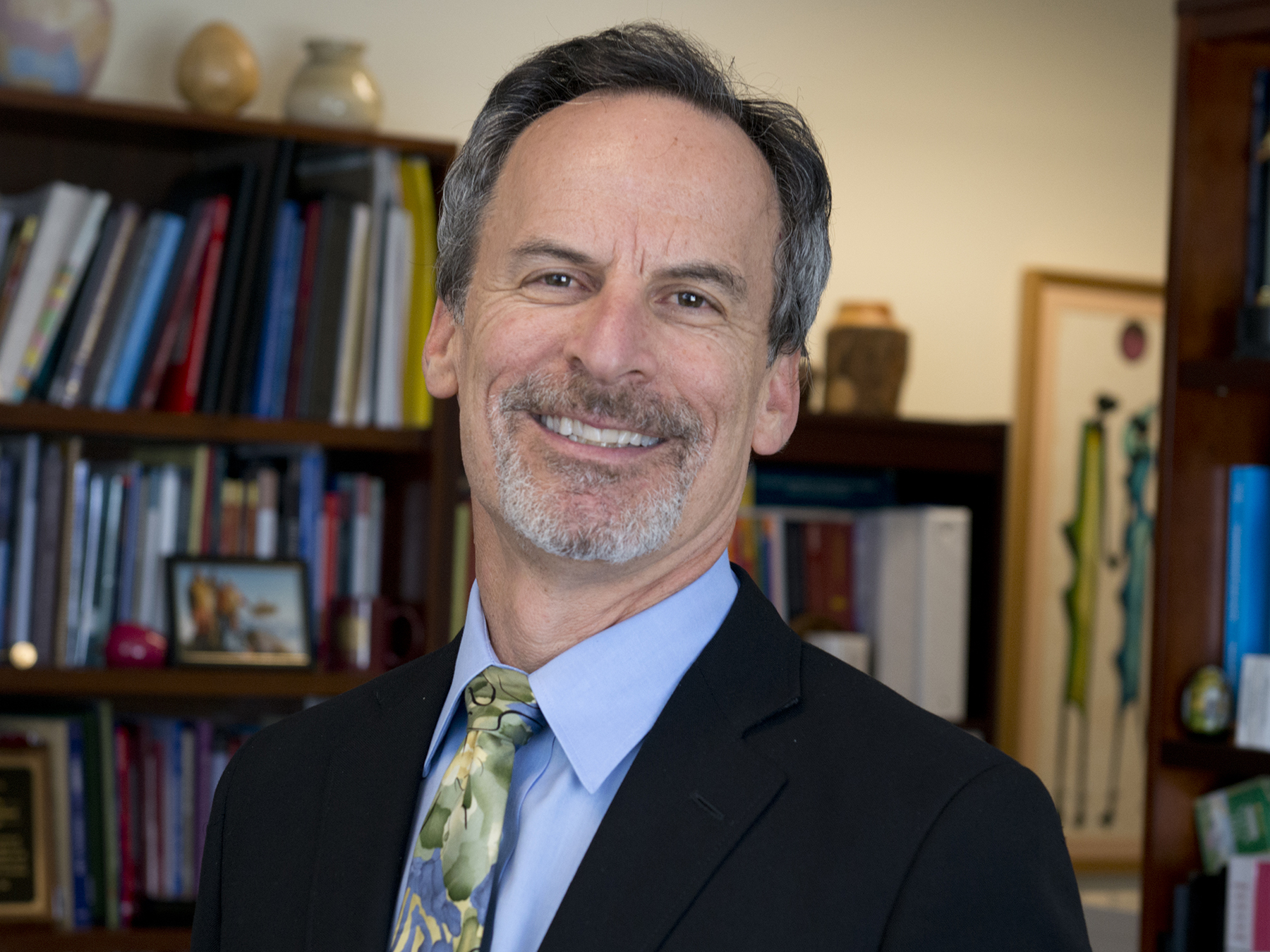Professor and Senior Scholar Steve Friedland spoke at length with journalist Anna Phillips of WECT News in Wilmington, North Carolina, about three police officers who were fired after a routine review of patrol car video footage revealed them making racist and violent comments.
An Elon Law expert on the criminal justice system, evidence law and the U.S. Constitution offered insights for a television news station reporting on three North Carolina police officers fired from their jobs in June after a routine review of patrol cameras uncovered their use of violent and racist language.
Professor and Senior Scholar Steve Friedland was quoted at length in “Legal expert weighs in on firing of WPD officers,” a June 27 story by WECT News reporter and anchor Anna Phillips.
Different types of speech enjoy different legal protections, Friedland said.
“So any officer can leave work and go to a political rally, for example, or say they like a political party,” Friedland told the Wilmington, N.C., news station. “That is outside the realm of their jobs, but if their speech interferes with that job and interferes with the leadership and the structure and the protection of it’s citizens and it tears apart the workplace, that will not be protected.”
Can criminal charges be filed against the officers for their use of the derogatory language? Friedland said that prosecutors would first gather as much evidence as possible before making a decision.
Friedland is a founding member of the law school faculty. In addition to law teaching, he has served as an Assistant U.S. Attorney for the District of Columbia and as an Assistant Director of the Office of Legal Education in the Department of Justice.
An accomplished scholar who has published articles in several renowned journals, Friedland’s books on Evidence Law, Constitutional Law, Criminal Law and Procedure and Law School Teaching have been published by the West Publishing Company, Aspen Press, Lexis Publishing Company and Carolina Academic Press.
Friedland was elected to the American Law Institute, served as a member of the Board of Trustees of the Law School Admission Council, and is a current member of the Lexis Advisory Board. He has won numerous teaching awards at several law schools over three decades and was named one of the best law teachers in America by the Harvard University Press book, “What the Best Law Teachers Do.”



